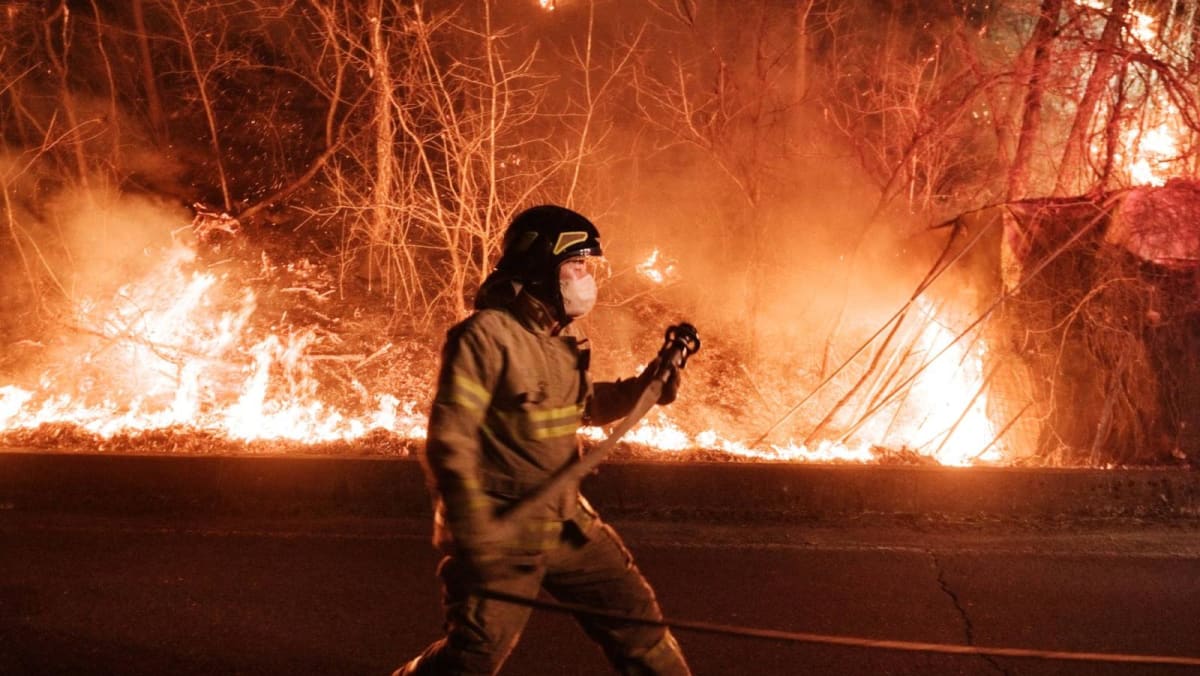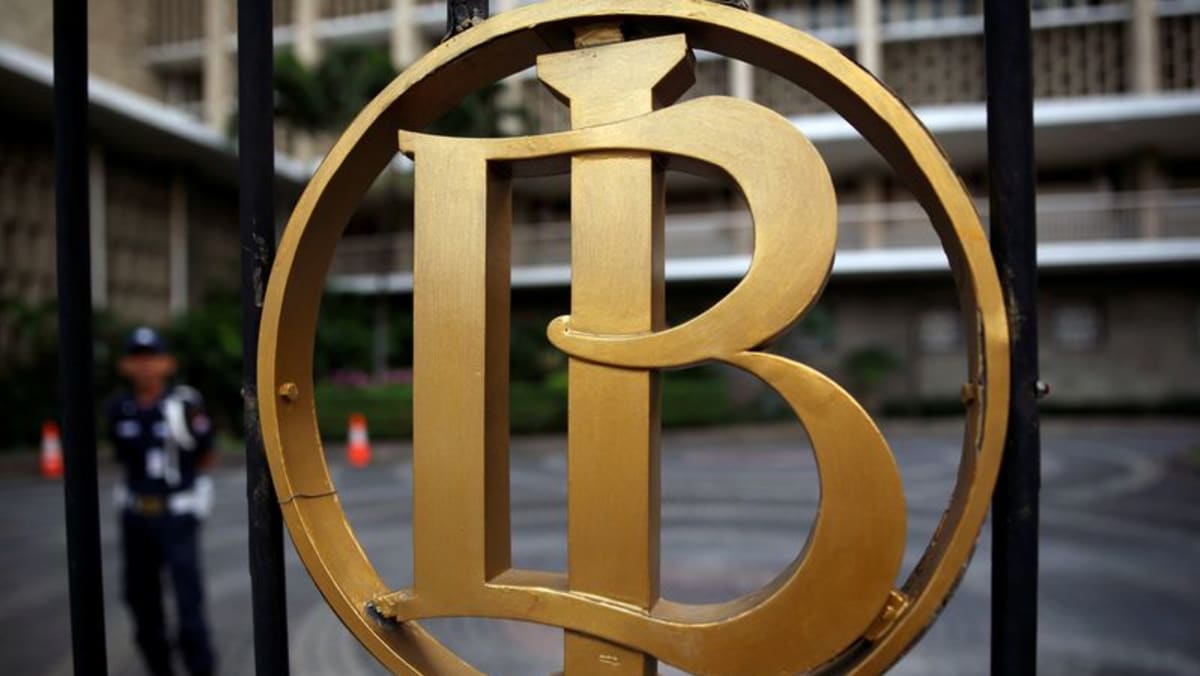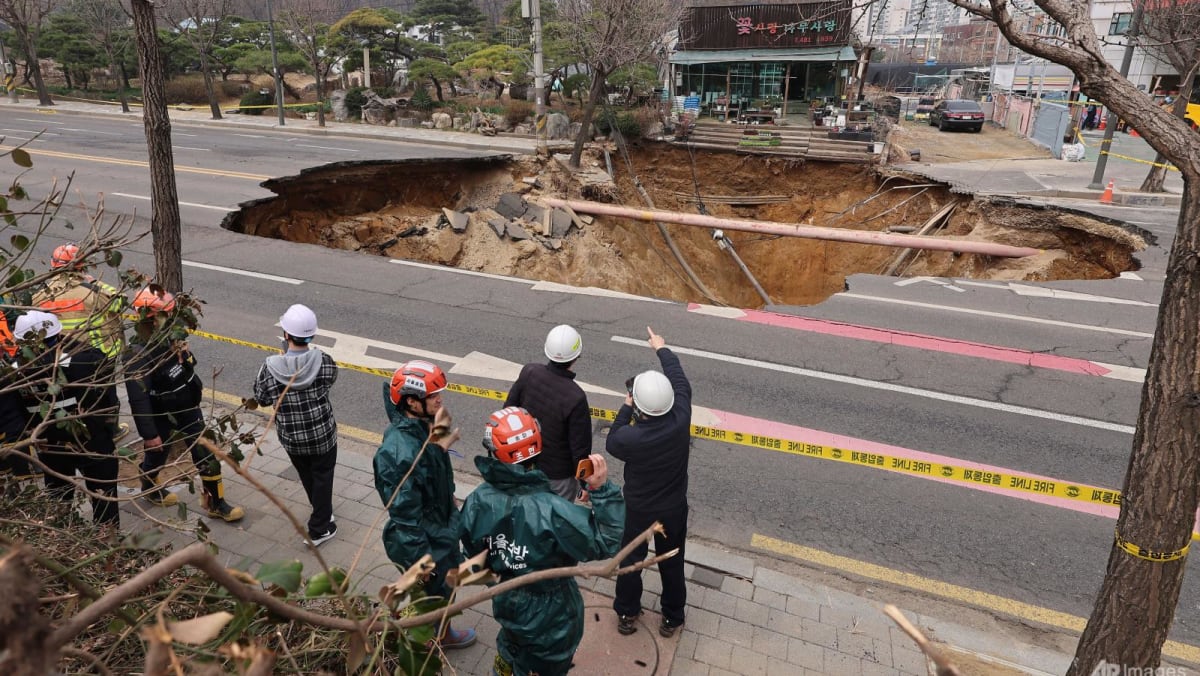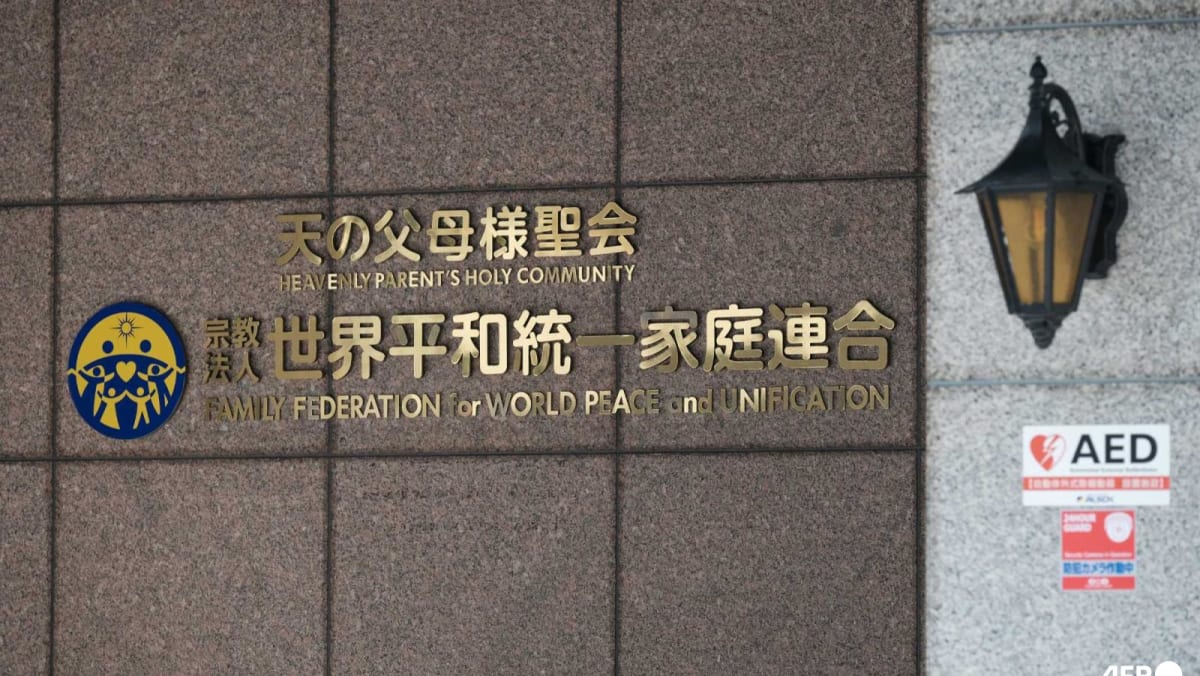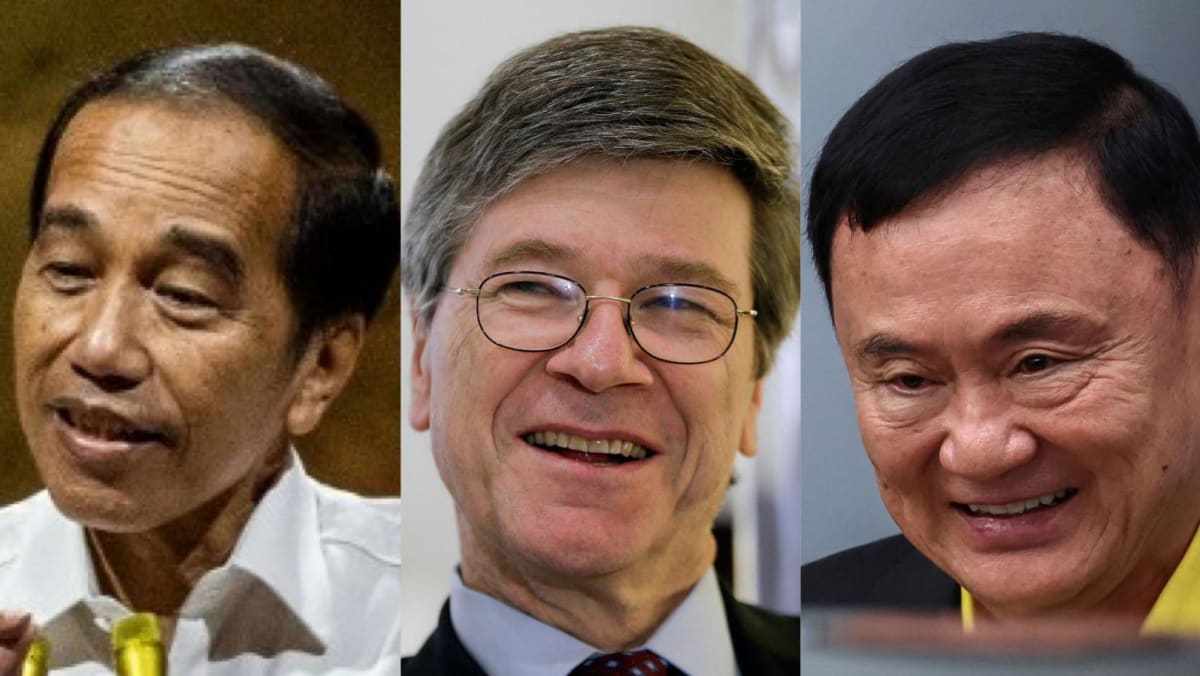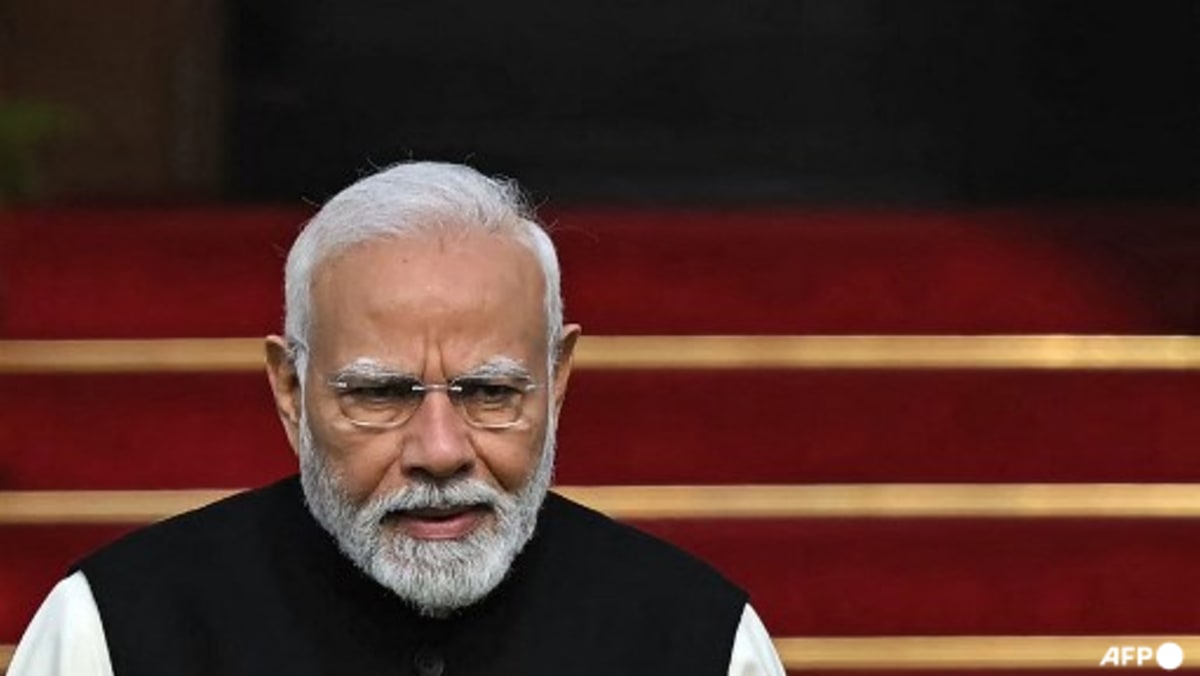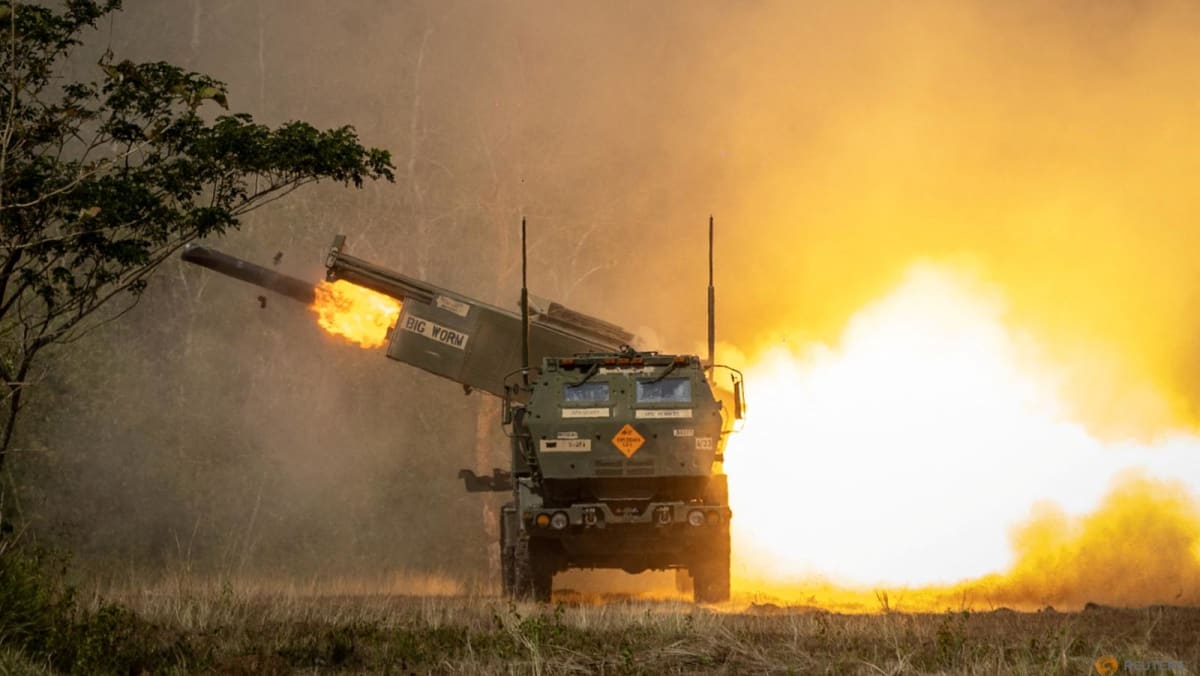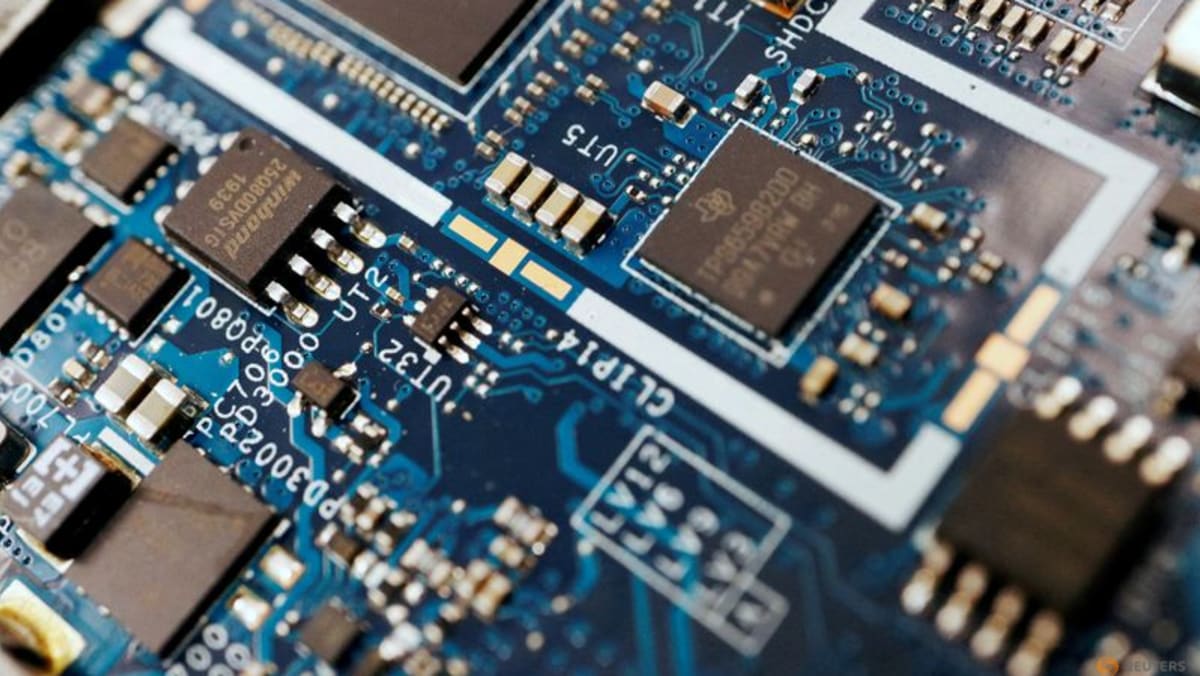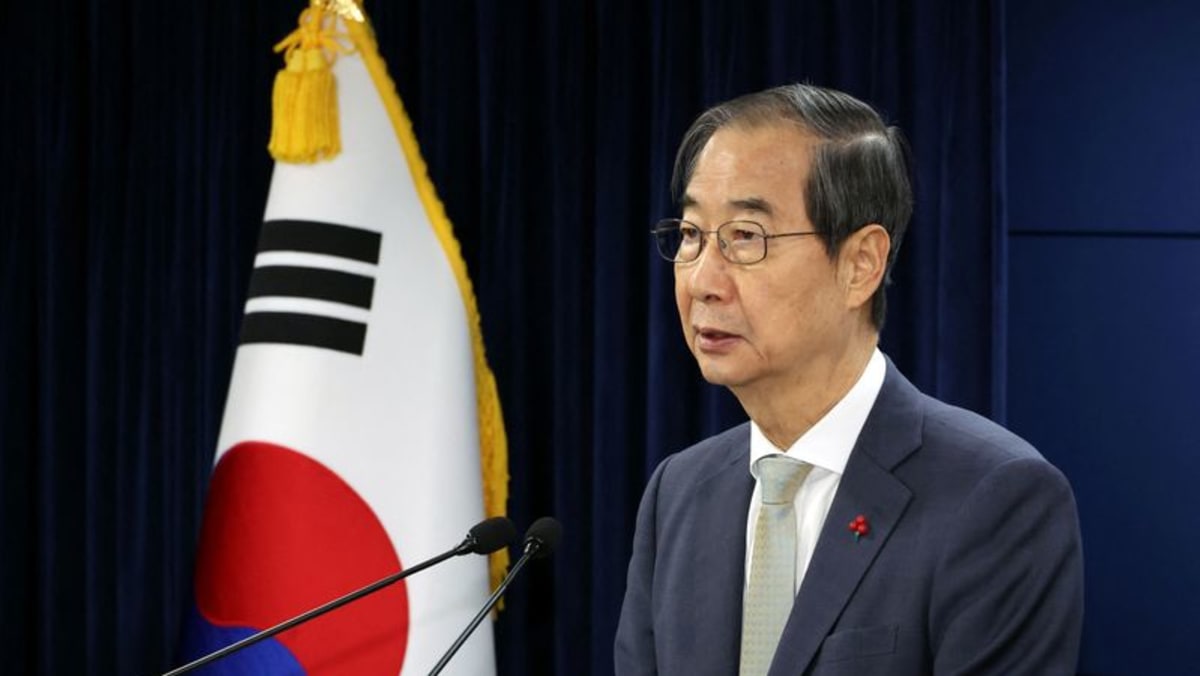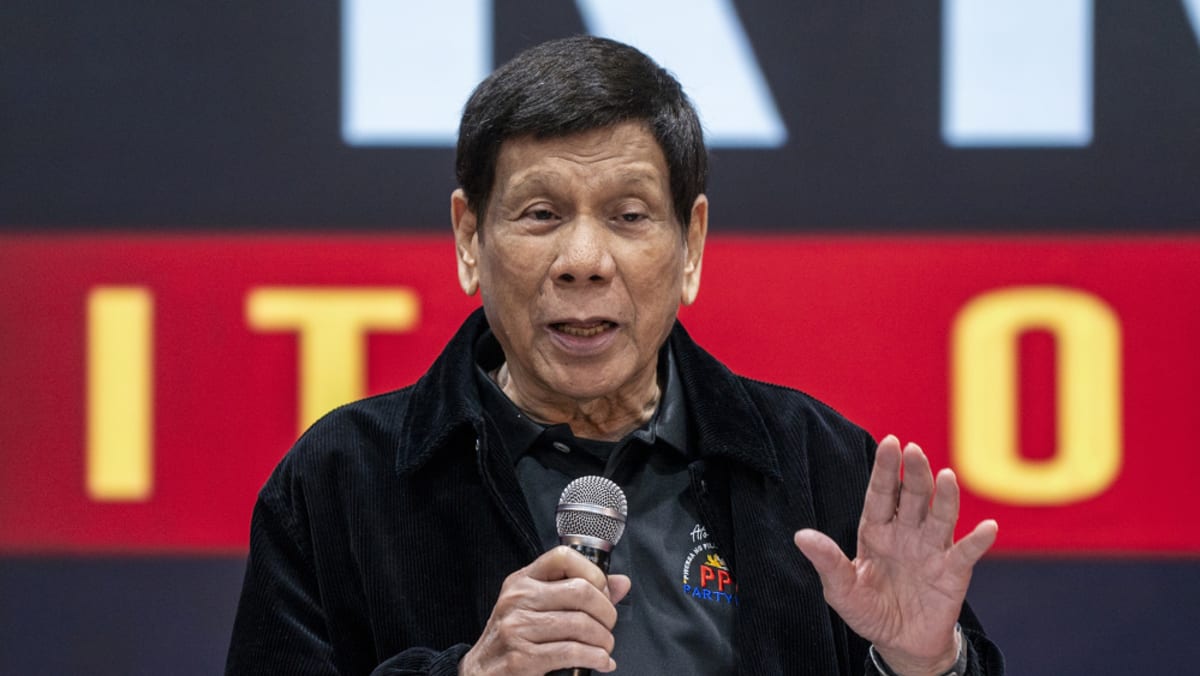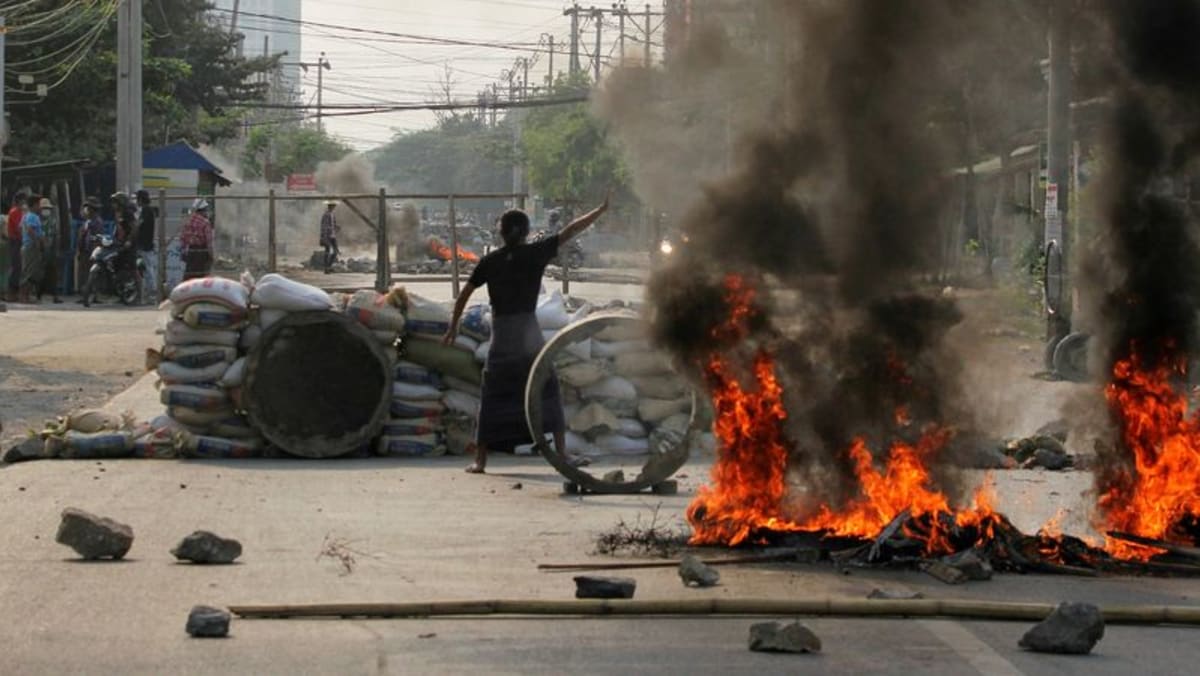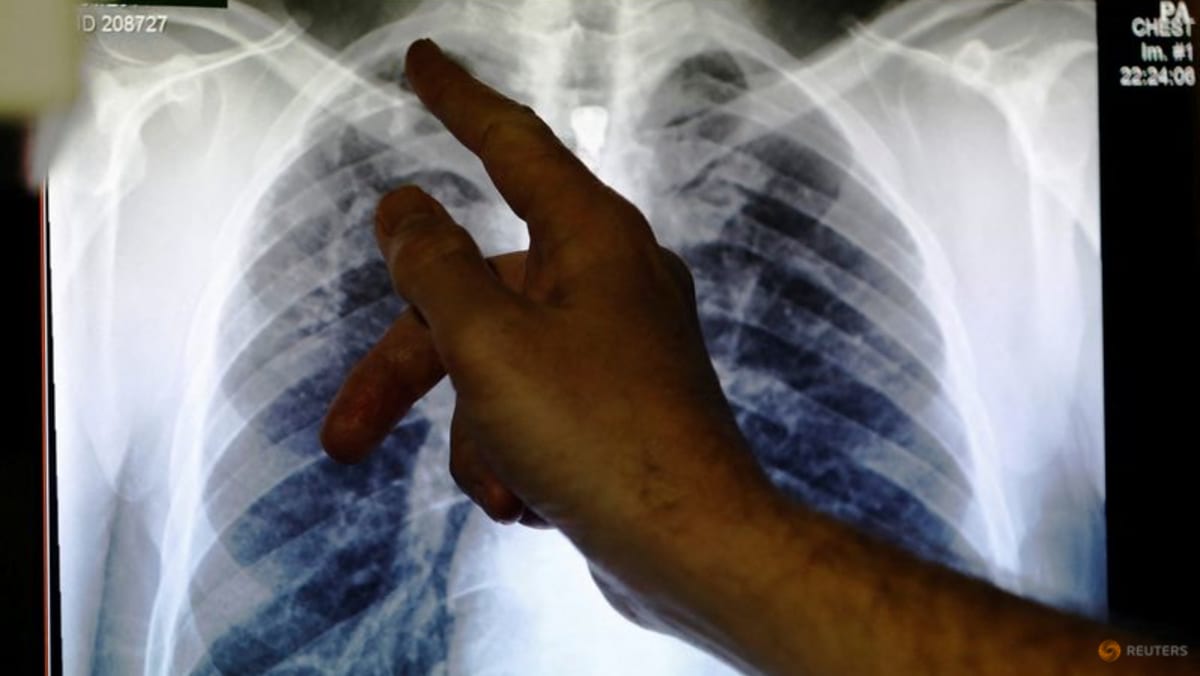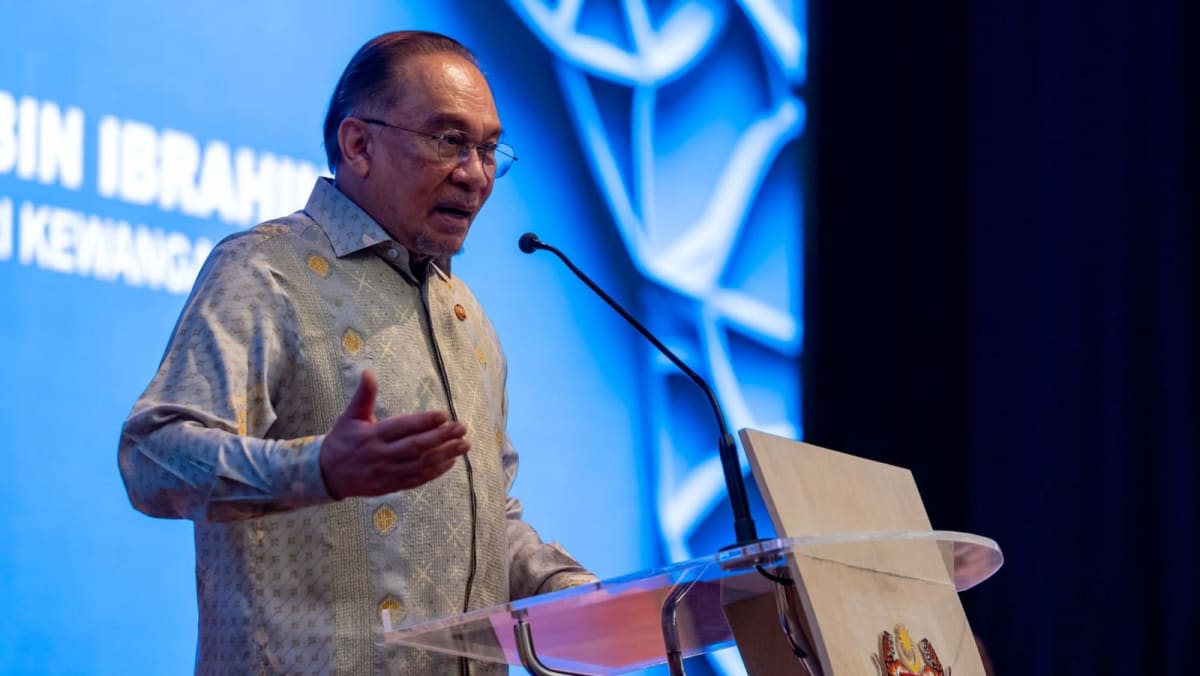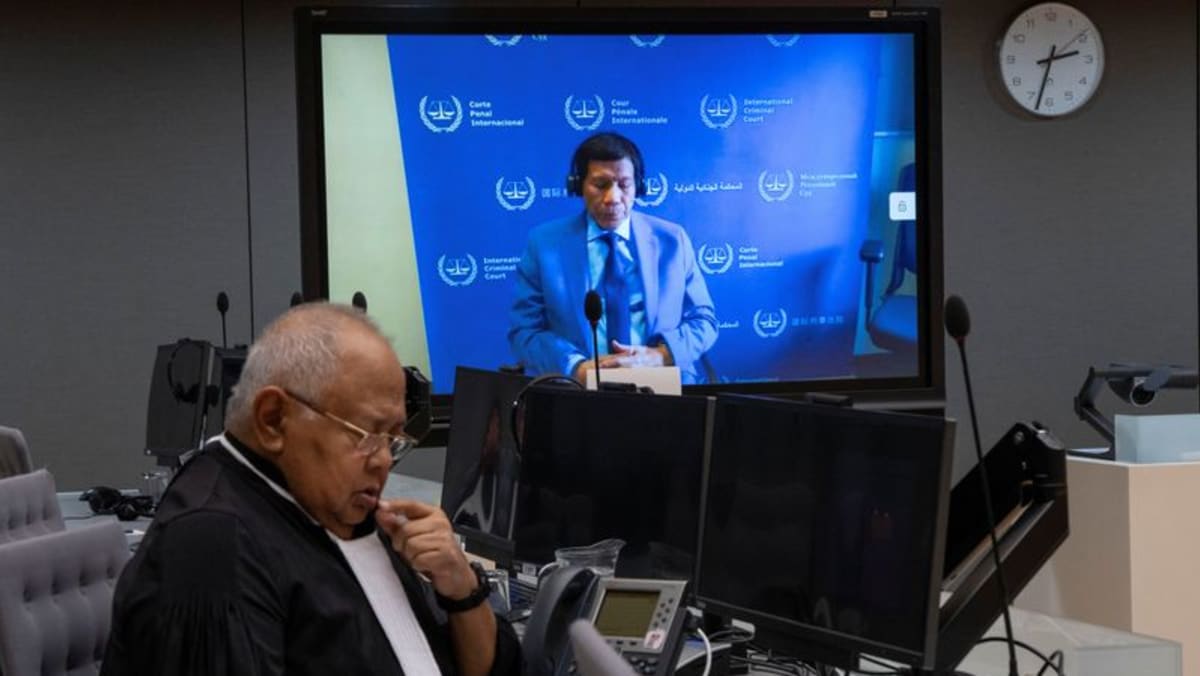Taiwan’s land squeeze pits advanced chips against ancestral temples
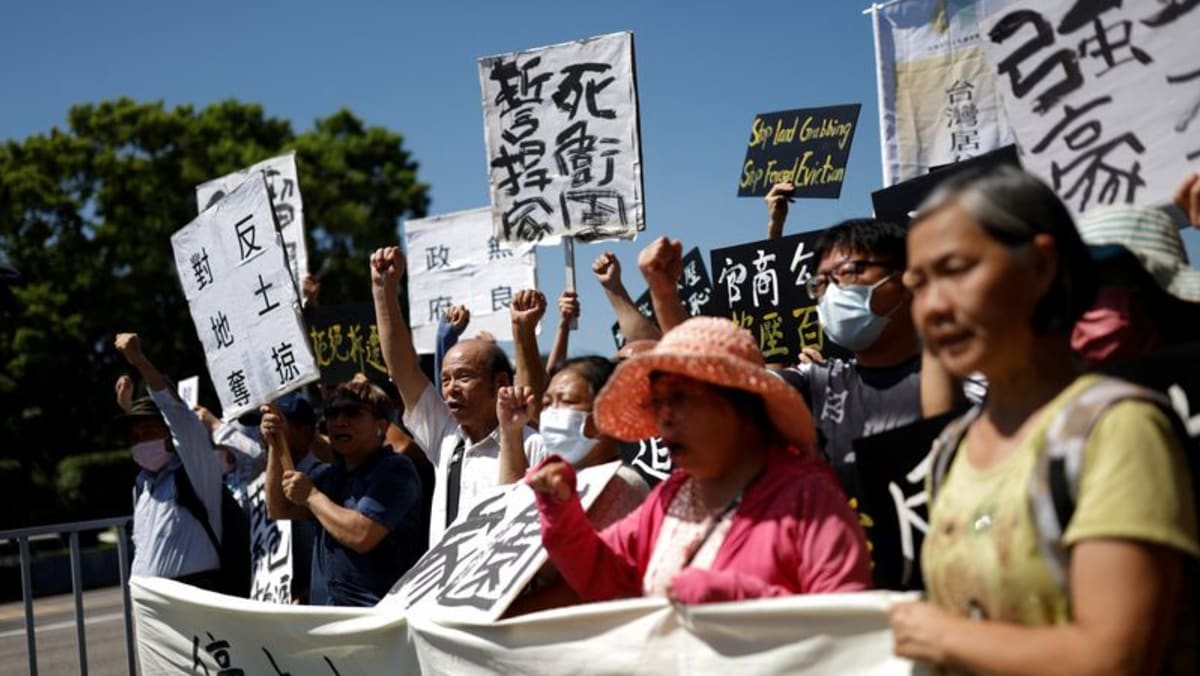
“FIVE SHORTAGES”
The chip industry has long complained about Taiwan’s “five shortages”: Land, water, energy, labour, and talent. The sector’s rapid growth in recent years, which has sent prices of industrial land soaring, is further testing the island’s ability to support its prized chipmakers.
After protests, including one outside Taiwan’s presidential office, TSMC said it “respects the local community and regulatory authorities” and will work with the government to find suitable land elsewhere on the island, which is about the size of Belgium.
“There are many options and we do not expect any impact on our plan to grow in Taiwan,” the company said in a statement.
Taiwan’s government – determined to keep its crown jewel’s most advanced technology at home – has said it will provide alternative options.
Available land is “absolutely sufficient” to meet the industry’s needs, the economy ministry told Reuters, adding that there are already 426 hectares for new semiconductor factories in central and southern Taiwan’s science parks.
The Longtan expansion had proposed acquiring 159 more hectares in the north, where TSMC and many chip companies are based. The government is required to compensate landowners at market value.
Although TSMC has encountered opposition from residents and environmental groups before, its economic heft as Asia’s most valuable company has allowed it to keep expanding on the island. It has repeatedly vowed to remain “rooted” in Taiwan.
Considering the island’s resource constraints, however, TSMC must also expand abroad, senior vice president Cliff Hou said this year.
In December, the company more than tripled its planned investment at its new Arizona plant to US$40 billion.
Taiwan still accounts for 90 per cent of TSMC’s production, including its most advanced chips, the ministry told Reuters.
“If it really becomes impossible for TSMC to build factories in Taiwan and it moves abroad, the impact on Taiwan’s entire economy would not just be from the lack of land now, but from the entire industry starting to move abroad in the coming years,” Isaiah Research analyst Lucy Chen said, referring to the robust chip supply chain that developed alongside TSMC.
The science park administration, which had noted that Hsinchu and Longtan are running out of space to create advanced chips, said it would proceed with the expansion for other companies.
Residents have continued to protest, calling for the project to be axed altogether, while politicians from other cities have been vying for TMSC’s advanced factory.
Chen Chi-mai, mayor of Kaohsiung, where TSMC is building a 2-nanometre factory, told reporters that his southern city is equipped for more chip production.
“Opportunities are reserved for those who are prepared,” he said.
Source: CNA


